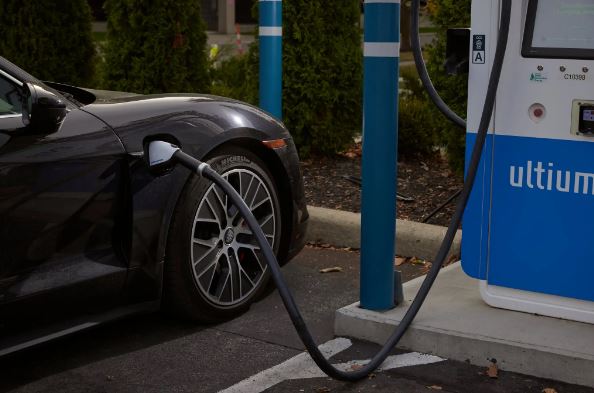The Biden administration has issued new guidance that expands the eligibility for tax credits aimed at offsetting the cost of installing electric vehicle (EV) chargers, making much of the country eligible for these incentives. The move is part of the administration’s efforts to promote the widespread adoption of electric vehicles, with a goal of having EVs represent half of new car sales in the United States by 2030.
The tax credits are designed to make it more affordable for consumers and businesses to deploy EV chargers, a critical component of the infrastructure needed to support the growing use of electric vehicles. The guidance clarifies the eligibility criteria for the tax credits, specifying that charging equipment installed for public or private use at homes or on business properties qualifies for the credit. This broader eligibility is expected to accelerate the installation of chargers across the country.
Previously, it was unclear which areas could qualify for the tax credit, and eligible chargers were required to be placed in either low-income or non-urban areas. The new guidance expands eligibility to cover much of the country outside of major cities, making qualified areas encompass roughly two-thirds of the U.S. population.
Individuals and businesses installing chargers or other eligible refueling equipment can claim a tax credit of up to 30 percent of the installation cost. The incentives aim to incentivize the deployment of charging infrastructure in communities that need it most and promote progress toward the administration’s electric vehicle goals.
Wally Adeyemo, the deputy Treasury secretary, highlighted the growth in electric vehicle sales in the previous year and expressed optimism that the new guidance would drive further progress in 2024. Adeyemo emphasized the importance of additional clarity around the incentives for building new charging infrastructure.
The Biden administration is actively working to encourage consumers to embrace electric vehicles by offering tax credits of up to $7,500 per vehicle. Additionally, the federal government is investing billions of dollars to support the development of a national network of reliable, high-speed chargers. However, the rollout of this infrastructure has faced challenges, and the expanded tax credits aim to address some of the barriers to adoption.
Proponents of clean energy and electric vehicles welcomed the broader availability of tax credits, anticipating that it would accelerate the installation of chargers across the country and contribute to the broader adoption of electric vehicles. While sales of electric vehicles have been growing rapidly, demand has not met initial expectations, leading some car manufacturers to adjust production plans.
Luke Tonachel, a senior director at the Natural Resources Defense Council, noted that the increased clarity on eligible locations could have expedited the deployment of charging infrastructure in the previous year. He expressed optimism that the new guidance would encourage both businesses and consumers to make more investments in charging infrastructure, given the expanded availability of tax credits.
Albert Gore III, the executive director of the Zero Emission Transportation Association, described the new guidance as a “positive step” that would attract more investments into rural and lower-income communities. He emphasized that the expanded tax credits would significantly increase the availability of public charging stations, contributing to the overall growth of electric vehicle infrastructure.

